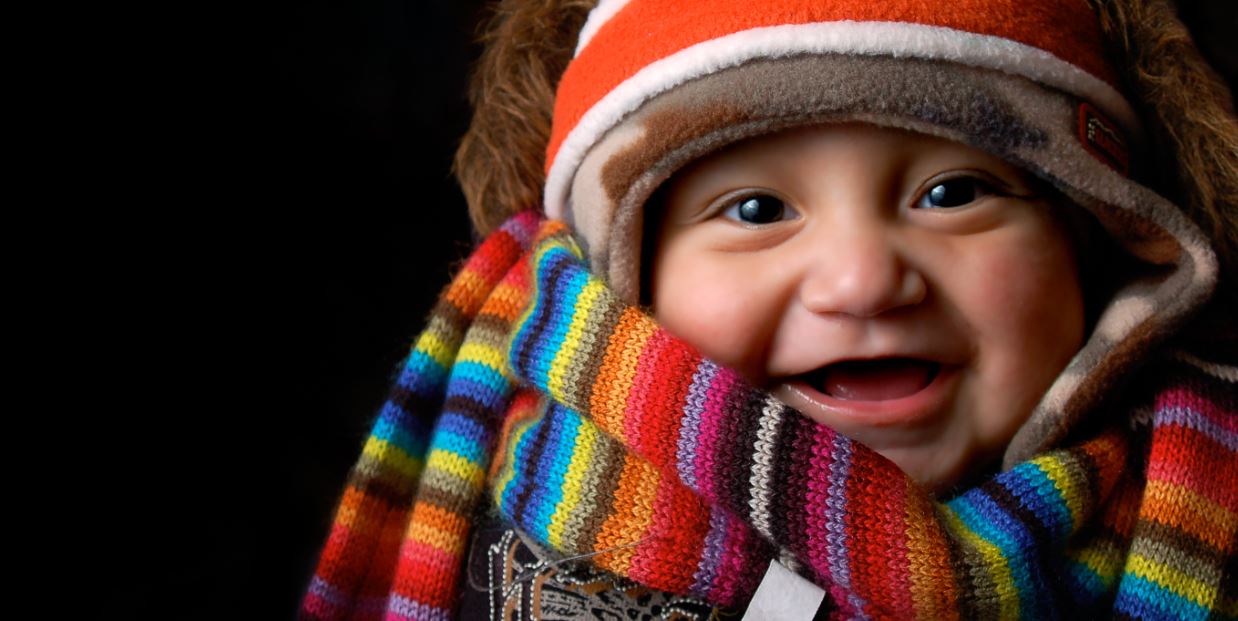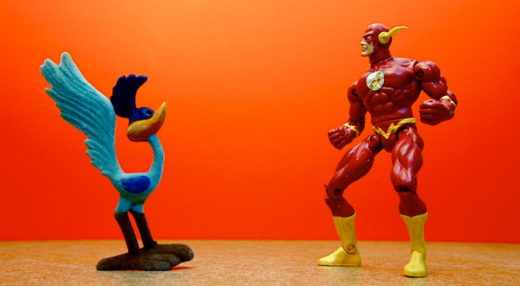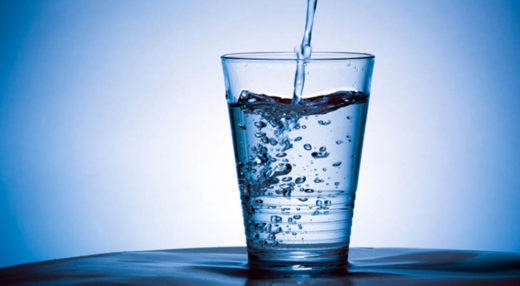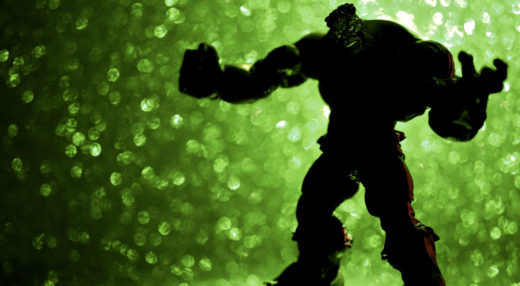What Happens When We Laugh?

Laughing is the most awesome thing that humans can do on this planet. It indeed makes people happy and makes them feel comfortable to be around with. The physiological changes in a human’s body while he/she laughs vouch for the famous saying, ‘laughter is the best medicine’. Why is laughing the best medicine? What are the physiological changes that happen inside a human body while laughing?
Muscles Get a Physical Workout
Laughing is an involuntary response for anything that is perceived as funny. When a human laughs, it’s more like he/she is doing an aerobic exercise that workout most of the body muscles. For example, when you watch any of the classic Chaplin comedies or 21st century shows like The Simpsons, you’d use more than 25 to 80 muscles in your body while you laugh. It depends on individual humans, as laughter is not usually the same for all. A few would use only a few muscles as low as 15 to laugh and a few others would literally roll on the floor and laugh out. With that being said, the contraction of your facial muscles besides the abdomen, respiratory, arm and leg muscles, actually gives you an aerobic workout. Dr. William Fry, an associate professor of clinical psychiatry at Stanford University, who has studied the physiological effects of laughing has put it as a form of ‘internal jogging’ and one minute of laughter workout will have the same effect as of an actual workout on a rowing machine for 10 minutes.
For most of the keyboard lovers, muscle contraction is a subtle thing in your life and laughing might actually fulfill a tiny part of a workout for the muscles to contract once in a while.
Blood Pressure Drops
Usually, under stress, the adrenaline gland produces cortisol beyond normal, as the result of the ‘fight or flight’ instinct. This leads to hypertension or high blood pressure. High blood pressure is not desirable and such levels of cortisol inhibits the immune system. Laughing helps us to lower this blood pressure. When a human laughs, the secretion of cortisol and epinephrine is reduced. Initially the blood pressure shoots up and then drops below normal to a lower blood pressure. This helps the blood vessels to expand more and letting blood flow easily.
Oxygen Intake Increases
You often gasp for air as you laugh. You might have experienced this while you were having a very heavy laughter. Your face turns red, your eyes starts to shed tears and you probably start hiccupping. The reason behind these gasping is that your larynx is partially blocked by epiglottis while laughing. As you gasp, you inhale more oxygen while laughing. As the cardiovascular system already has the expanded or dilated blood vessels (due to the laughter), the flow of oxygen to the organs is higher and better. The harder you laugh, the more oxygen you intake.
Suppresses Physical Pain
Laughing eases pain. As any workout would produce, laughing also produces that reduces physical pain. The release of these beta-endorphins also helps in the dilation of the blood vessels.
Strengthens the Immune System
Laughing increases the antibodies and improves the T-Cell production in the body and helps to build a better immune system. This is also related to the muscle workout from the heartily laughing, as the muscles are connected to the thymus gland. Studies also suggests that watching a humorous movie or show for about 30 to 60 minutes improve the secretion of – an antibody that protects against cold, flu and other respiratory problems.
Respiration Improves
Laughter also purifies your respiratory track with the help of coughing and hiccups in extreme cases. As seen earlier, when you laugh, you gasp for air and you clear your lungs and you actually exhale the residual air that stays behind as a result of normal respiration. By laughing, you also work out the diaphragm muscles. Ultimate result is that your respiration improves.
Psychological Wellness
Laughter is contagious. Though the scientific evidences are far away, it is clear to me that it is contagious. When I see a human laugh like he is the king of the world, my mind automatically borrows his joy and triggers the laughter, or a smile for the least. I become a king too. It is also comfortable to be with a group of people who laugh and make you laugh. Laughter is seen as an emotional expression of joy and humor. When you laugh, it shows the other humans that you are comfortable to be with and you do have a good sense of humor. This attracts people and it elevates both the group’s moods and it is obvious that joy makes everything better. Stress producing thoughts are also suppressed from watching comedy shows or engaging in humorous chat, this physiologically prevents the secretion of stress hormones like cortisol.
It’s not that hard to laugh. Laughing keeps you young and healthy. Laugh out Loud.
Similar Swipes:
Why Do We Laugh When We Are Tickled?
The Goosebumps Science – Why Do We Get Goosebumps
Why Do We Cry? – The Science of Crying
This post was first published on August 4, 2014.











This is the best article on laughter I have ever read. Great job here mate!
Very informative and interesting.